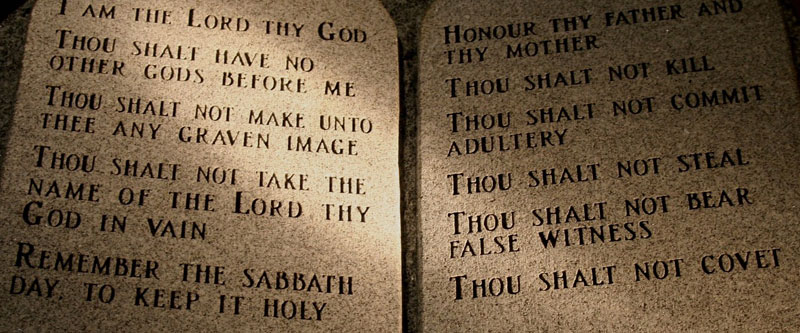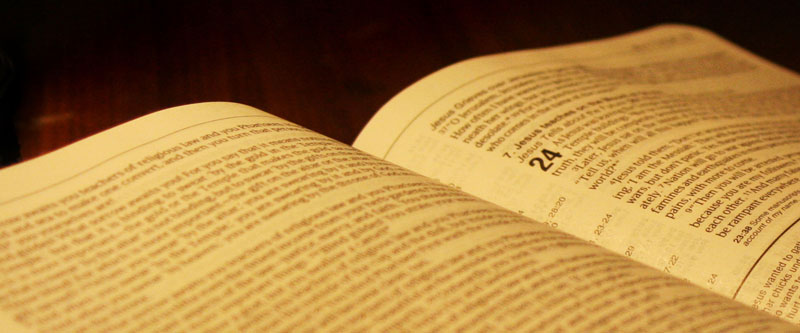“A man is given to covetousness when he overloads himself with worldly business…(H)e has scarce time to eat his meat, but no time to pray.” (Thomas Watson, The Ten Commandments, 176)
Ouch! Thomas Watson sure knows how to make it hurt! But just because it hurts doesn’t mean it is not worth considering. Watson’s statement is one that could be applied to all of us on some days. We are all covetous by nature. Like book-ends in God’s Moral Law, both the 1st and 10th commandments confront us with our motivations and loves. Because of their nature, these two commandments summarize our disobedience to the other eight. When we take the name of the Lord in vain we elevate our own desires over the Lord’s thereby setting other gods before him. Or when we steal, the seed form has already long been growing within us: covetousness. We covet when we want something we do not have. So, are you covetous? Are you leading your children toward covetousness?
In this article we will deal with our hearts. In the quote above, Watson makes a distinction between a man’s valuation of his appetites versus his fellowship with God in prayer. It is a sobering assessment, to be sure. I am not seeking to quibble about the kinds of work does and their corresponding demands. I think the Christian street sweeper is as engaged in glorifying God as a pastor and I know this work can be demanding. My questions are designed instead to help us see if we are drifting into sin in our pursuit of our worldly work. We are prone to covet the world’s power, wealth, popularity and success. Certain decisions will reveal our heart’s desire to have taken on a sinful, covetous turn.
The first and tenth commandments remind us we may worship no other gods and should be content with what God has given. So when we find ourselves neglecting God in prayer, we have forgotten these commandments. I cannot give definitive answer on the “when” and “how much” of our private worship, but I can definitively say we should. If only we would apply the same level of intensity to our pursuit of God as we apply to our attempts to win a promotion or raise at work. This very issue is on Watson’s mind when he describes the man who does not consider any amount of hours spent satisfying his appetites to be enough, but does not even begin praying. This inconsistency shows there is a war of loves being waged in our hearts and the good side is losing. We direct our most intense efforts toward that which means the most to us. What will we love more? The flesh or our Lord?
Overloading ourselves with worldly business can also be recognized when we miss corporate worship to take care of our regular employment. God commands one day in seven be given him for the activities relating to his worship. Absenting ourselves from corporate worship should flash a huge red flag in our minds. This decision indicates we want the world’s recognition so badly, we are willing to take from God’s time and apply it to our businesses or jobs so we might gain it. When we begin to make these kinds of choices we are demonstrating a priority: we want the things God has not given us and will pursue them at all costs.
Certainly we must repent of our own covetousness, but we also should guard ourselves against teaching our children to do the same. More on that next time.









